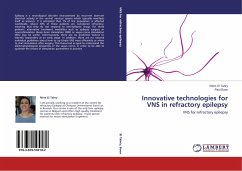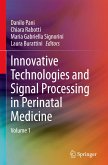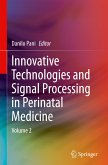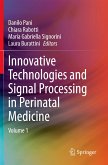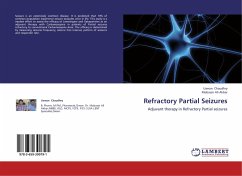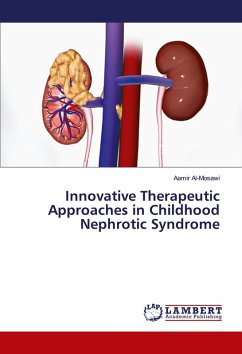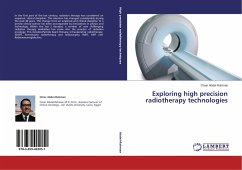Epilepsy is a neurological disorder characterized by recurrent aberrant electrical activity in the central nervous system which typically manifests itself as seizures. It is estimated that 1% of the population is affected worldwide. About 30% of these patients are considered refractory, meaning that they do not respond to anti-epileptic drugs. For these patients, alternative treatment modalities such as epilepsy surgery or neurostimulation (deep brain stimulation (DBS) or vagus nerve stimulation VNS) may be useful. Unfortunately, there are no predictive factors to identify responders at an early stage. In addition, there are no rational individual guidelines about how to up titrate VNS most efficiently or when to start stimulation after surgery. This thesis had as goal to understand the electrophysiological properties of the vagus nerve, in order to be able to optimize the choice of stimulation parameters in practice.

